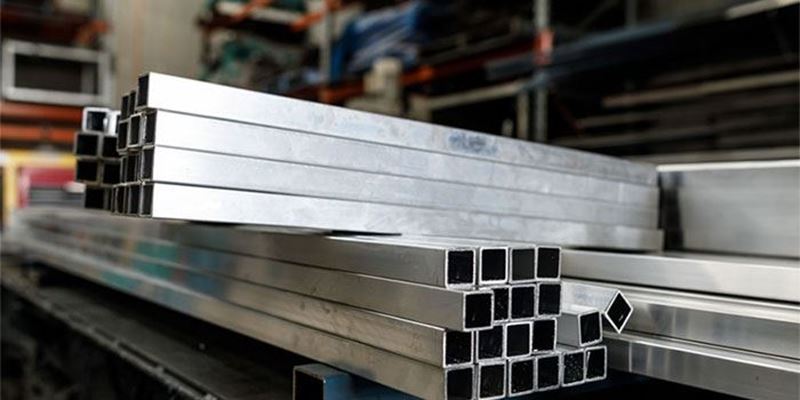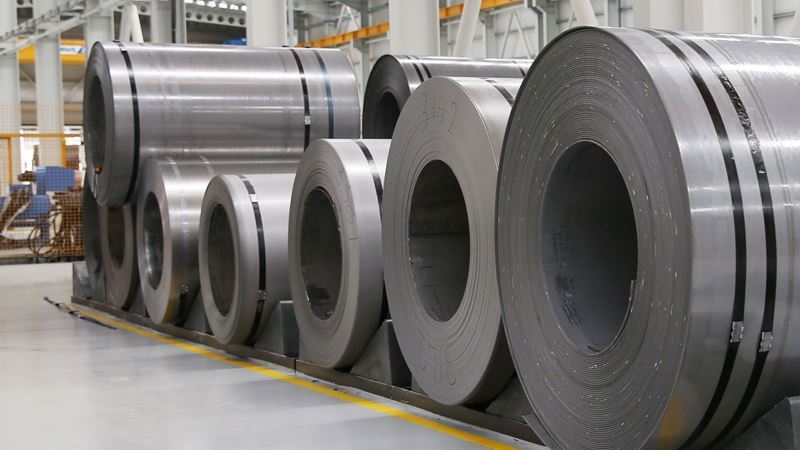The Ministry of Steel announced that this decision was made due to insufficient domestic production of the steel grades in question. It also stated that stainless steel importers had made advance payments for future orders and that the requirement for input material compliance would disrupt the production process.
However, domestic stainless steel producers expressed their dissatisfaction with this exemption. Producers stated that increased imports have reduced their market share and made it difficult to recoup their investments. An industry representative who participated in discussions with the Ministry of Steel said, “The government should have a consistent policy. If exemptions continue, substandard steel will continue to flow into the Indian market, and we will not be able to recoup our investments.”
Domestic industry representatives also noted that although the exemption will officially end on December 31, imports made until that date will create enough stock to last until June 2026. An industry source said, “Even if the regulation ends, importers will bring large quantities of goods into the country until then.”
However, it was also emphasized that the exemption creates a competitive disadvantage, as it allows steel mills outside India to produce with inputs that do not meet BIS standards, while Indian producers must continue to comply with the standards.
The Indian Stainless Steel Development Association (ISSDA), meanwhile, defended the government's quality control orders, stating that dumped and substandard steel imports from China should be reduced. ISSDA President Rajamani Krishnamurti said, “Imports should only be allowed when the products in question are not available domestically.”
Industry representatives emphasize that the government should review its temporary exemption decision and establish a permanent quality control policy that protects domestic producers.











Comments
No comment yet.